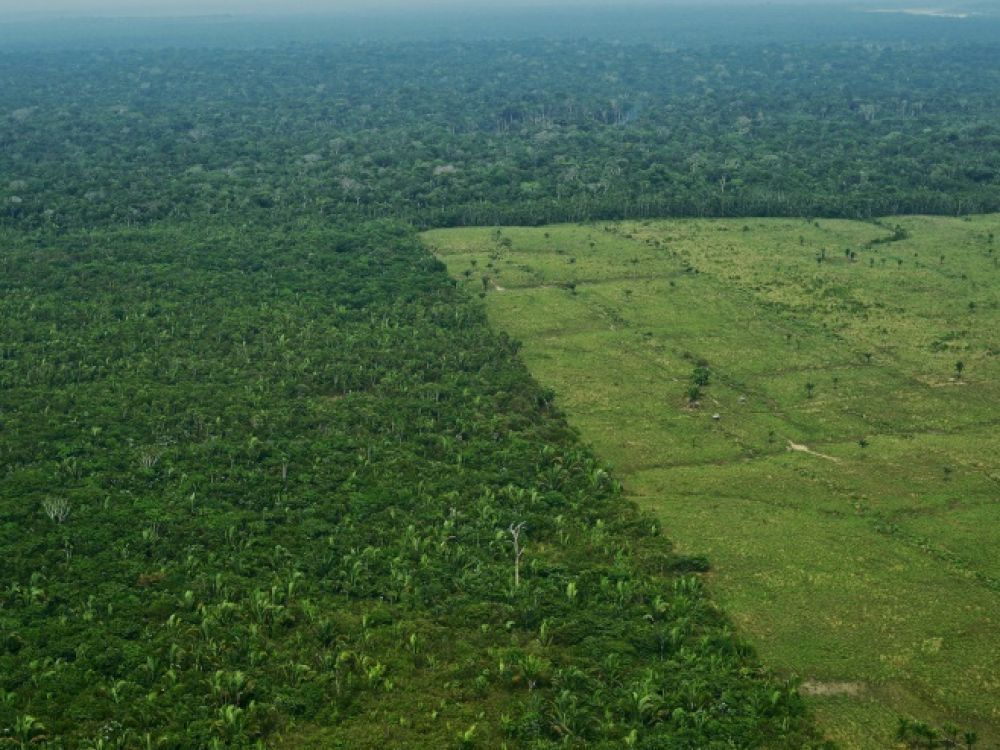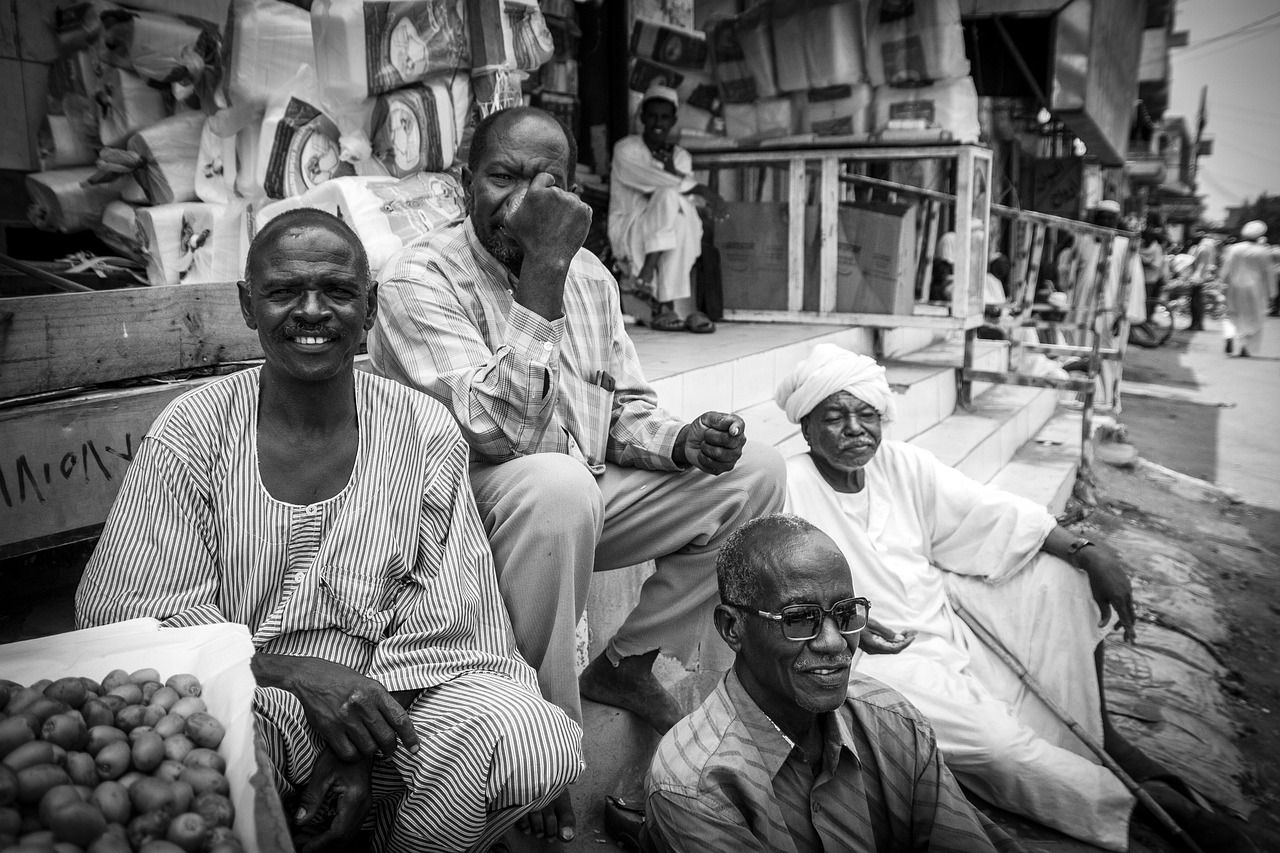
By Louikens EVARISTE, Intern Analyst in International Relations and Human Rights at AISP/SPIA, Master’s student in History, Theory, and Practice of Human Rights at the Catholic University of Lyon, under the supervision of the president of AISP/SPIA, Mr. Laurent Attar-Bayrou.
The ecological issue, raised in international relations, refers to the expression of deep concern for current and future generations regarding the increase in natural hazards and ecological crises. Global warming, biodiversity loss, pollution, and resource depletion are the most worrying manifestations of this issue.
Associated with the notion of space, it is an issue in international relations and is considered to have a global dimension. The ecological issue is thus seen as cross-border, and therefore of interest to geopolitics. Klaus Toepfer, Executive Director of the United Nations Environment Programme (UNEP), even asserts that environmental degradation can become a factor in the proliferation of wars[2]. The ecological issue thus intersects with the issue of state sovereignty.
In theory, state sovereignty is the ability of a state to fully manage its internal affairs without the risk of foreign interference. However, the diplomatic tensions arising from environmental issues suggest that sovereignty only exists in relative terms. The case of the Amazon illustrates this point well and is worth examining here. The ecological importance of this part of the world subjects Brazil, as well as the other states that share it, to this issue of sovereignty.
Why is the case of Brazil representative of the debates on the Amazon?
One initial answer is that 60% of the total area of the Amazon basin is located in Brazilian territory. Furthermore, the Amazon as a whole is home to “more than half of all known animal and plant species on the planet.” According to Oliver Dabène and Frédéric Louault, “the Amazon is at the heart of Brazil’s contradictions: a fantastic resource reserve and lever for development, it is home to the richest biodiversity and the largest oxygen reserve on the planet.”
Furthermore, Brazil’s policy towards the Amazon is increasingly worrying the international community, as it is considered insufficiently environmentally friendly. For this reason, the international community would not accept that the Brazilian state, despite its sovereignty over the area in question, should decide as it sees fit on the “lungs of the planet.” In the name of protecting the planet from ecological risks, many countries, such as France and the United States, are taking a stand against the management of the Amazon, which is viewed critically by the international community. As proof, deforestation in the Brazilian Amazon has reached its highest level in recent years. President Jair Bolsonaro’s policy on the Amazon is cause for concern. One example is his ambition, stated during his campaign, to legalize agriculture and mining in protected areas and to reduce funding for environmental protection programs.
Media coverage of Amazonian management, particularly under the Bolsonaro administration, reflects Brazil’s prominent role in debates about the Amazon. Indeed, the terms used to describe the region speak volumes about its importance: “the lungs of the planet” and “ecological heritage of humanity.” They reflect the interdependence and interests of the states involved, which, in this specific case, necessitate cooperation in view of the challenges at stake[6].
The coveted economic potential of the Amazon, a source of environmental concern
The Brazilian economy is heavily dependent on exports and relies on the agricultural potential of the Amazon. Access to raw materials in the Brazilian Amazon has always attracted the interest of major economic players. The example of China and the market it represents for Brazilian soybeans is very representative of this dynamic. Under the Bolsonaro administration, and in a context of strengthening economic partnerships, Brazil has increased its soybean exports to China.
However, soybean farming, as it currently stands, is responsible for forest destruction. Furthermore, Brazil has for years been one of the world’s leading emitters of greenhouse gases[8]. According to an estimate by the Greenhouse Gas Emissions Assessment System (SEEGS), agriculture was responsible for nearly three-quarters of CO2 emissions in Brazil in 2017[9].

Aerial view of deforestation in western Amazonia, September 22, 2017, in Brazil. ©AFP/Archives/CARL DE SOUZA
Brazil is thus gaining a reputation as a country bent on destroying its immense Amazon rainforest, a state that does not respect its international commitments, including the Paris Agreement. As a result, it is not surprising that the international community is considering forms of pressure to discourage this dynamic of environmental degradation. As geographer Georges Rossi states, “development and environmental problems have no regard for state borders or the limits imposed by representations; they are part of complex systems or networks that manifest themselves on several scales and have ramifications across the entire planet.”[10] In other words, economic mechanisms are often used to influence the behavior or policies of states. This is the case for Brazil, which, under threat of being unable to benefit from capital for its development, is often called upon to make concessions, or more simply to comply with the guidelines of the international community through international organizations. It is in this sense that financial pressure is being exerted on Brazil.
The Amazon Fund, created in 2008 and financed mainly by Norway and Germany, has proven to be a powerful instrument of influence used by part of the international community. In 2009, Norway and Germany blocked €30 million in subsidies intended for Brazil. This is in parallel with the IDB and the World Bank, which are traditionally used as instruments of financial pressure on states.
Furthermore, the use of financing conditions as a means of exerting pressure is also evident when the Organization for Economic Cooperation and Development (OECD) and the French Development Agency (AFD) provide subsidies to programs aimed at supporting Amazonian territories in their fight against deforestation and their transition to sustainable modes of development.
This shows how developed countries are inclined to use their economic power to influence the management of the Amazon. All things considered, such a trend affects Brazil’s sovereignty.
All in all, the Amazon is a crucial ecosystem for the present and future of the planet. On this basis, the entire international community would be well advised to take a stand on the management of this area, particularly in times of ecological crisis. As authors Joseph Camilleri and Jim Falk argue, ecological crises are becoming a source of “challenges to borders and sovereignties.”[12]
Sources:
[1] WEIKMANS Romain, ZACCAÏ Edwin, « La crise écologique mondiale », Problèmes économique, n°6, 2014, pp 95-103,
[2] TOEPFER Klaus, « La sécurité écologique est aussi importante que la sécurité militaire », article, Le Temps, www.letemps.ch, https://www.letemps.ch/opinions/securite-ecologique-importante-securite-militaire, consulté le 9 mai 2021.
[3] DAGICOUR Ombelyne, « Géopolitique de l’Amazonie », Politique étrangère, vol. printemps, no. 1, 2020, pp. 135-146.
[4] FLEURY Marie-Françoise, « La forêt amazonienne : un paysage forestier, un paysage naturel », dossier, Académie de Rouen, hist-geo.spip.ac-rouen.fr, http://hist-geo.spip.ac-rouen.fr/spip.php?article177, consulté le 9 mai 2021.
[5] OLIVIER, D. et FREDERIC, L., Atlas du Brésil. Promesse et défis d’une puissance émergente, Éditions Autrement, Collection Atlas/Monde, Paris, 2013, p. 42.
[6] GABAS Jean-Jacques, HUGON Philippe, « Les biens publics mondiaux et la coopération internationale », L’Économie politique, vol. no 12, no. 4, 2001, pp. 19-31.
[7] ANON, « Chine-Brésil, renforcement des échanges dans un contexte de crise », article, Chine Magazine, www.chine-magazine.com, https://www.chine-magazine.com/chine-bresil-renforcement-des-echanges-dans-un-contexte-de-crise/, consulté le 20 avril 2021.
[8] TROTIGNON Jérôme, « Les émissions de CO2 du Brésil : impact de l’usage des terres, de leur changement d’affectation et de la foresterie », Revue d’économie du développement, vol. vol. 22, no. 1, 2014, pp. 107-134.
[9] ANON, « Le Brésil, géant agricole pas vraiment vert », article, GEO, www.geo.fr, https://www.geo.fr/environnement/le-bresil-geant-agricole-pas-vraiment-vert-196883#:~:text=Le%20secteur%20agricole%20a%20%C3%A9t%C3%A9,gaz%20%C3%A0%20effet%20de%20serre), consulté le 24 avril 2021.
[10] ROSSI Georges, Cahiers de géographie du Québec, Volume 47, Numéro 132, décembre 2003, p. 465–472
[11] ANON, « Déforestation au brésil : la Norvège bloque 30 millions de subventions destinés », article, GEO, www.geo.fr, https://www.geo.fr/environnement/deforestation-au-bresil-la-norvege-bloque-30-millions-deuros-de-subventions-197021#:~:text=D%C3%A9connexion, consulté le 20 avril 2021.
[12] DALL’AGLIO Andrea., Ingérence écologique : un débat In : Écologie contre nature : Développement et politiques d’ingérence, https://books.openedition.org/iheid/2915?lang=fr, consulté le 20 avril 2021.

